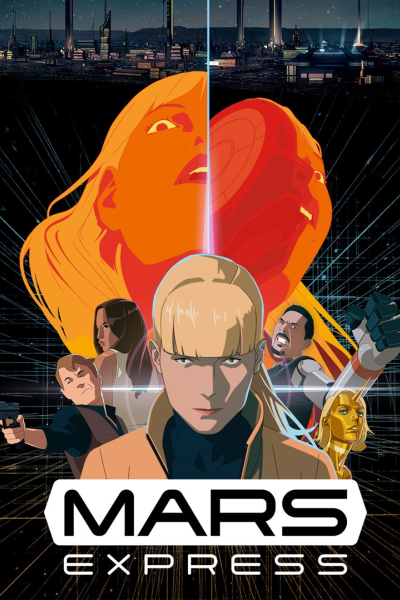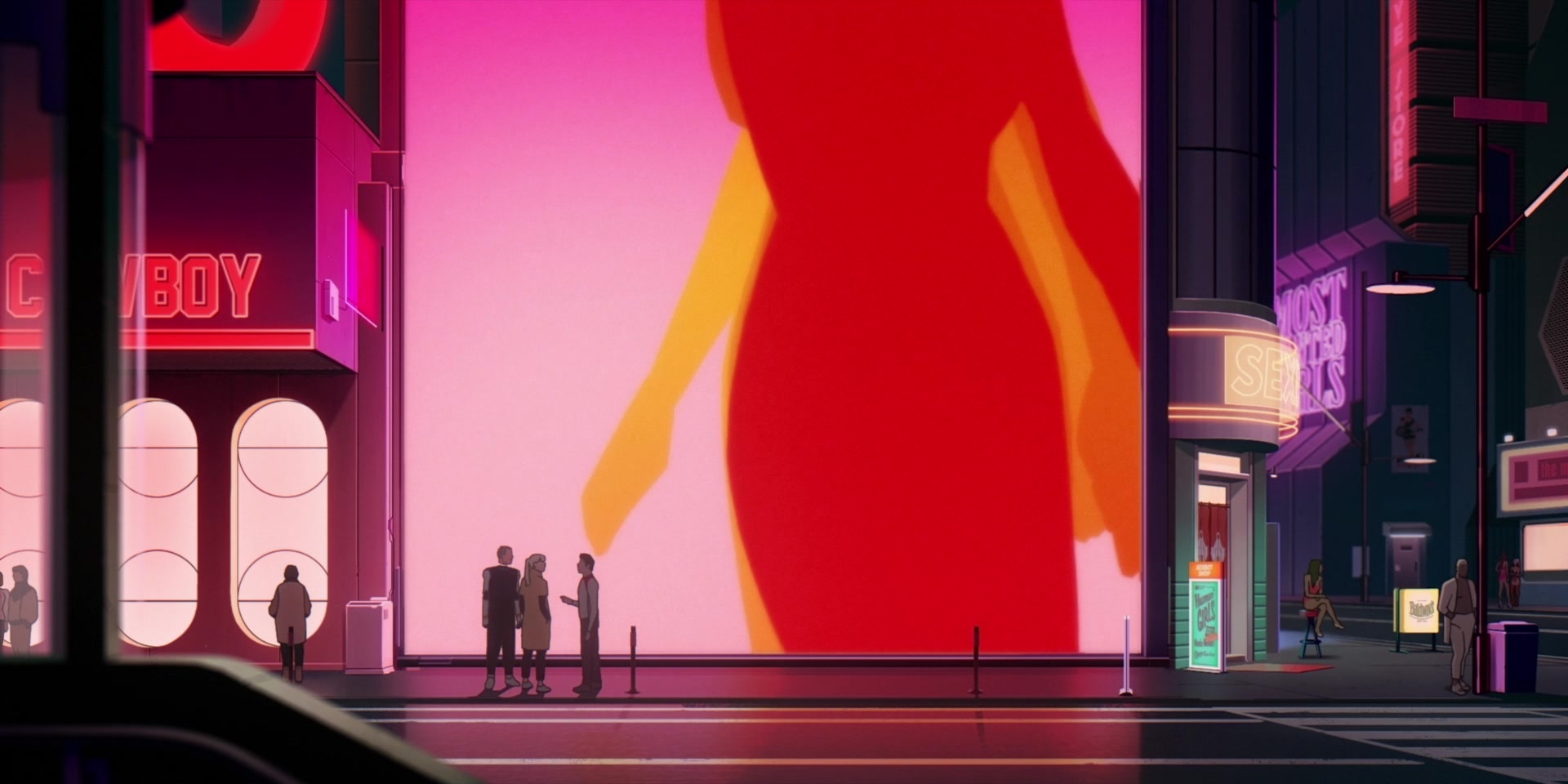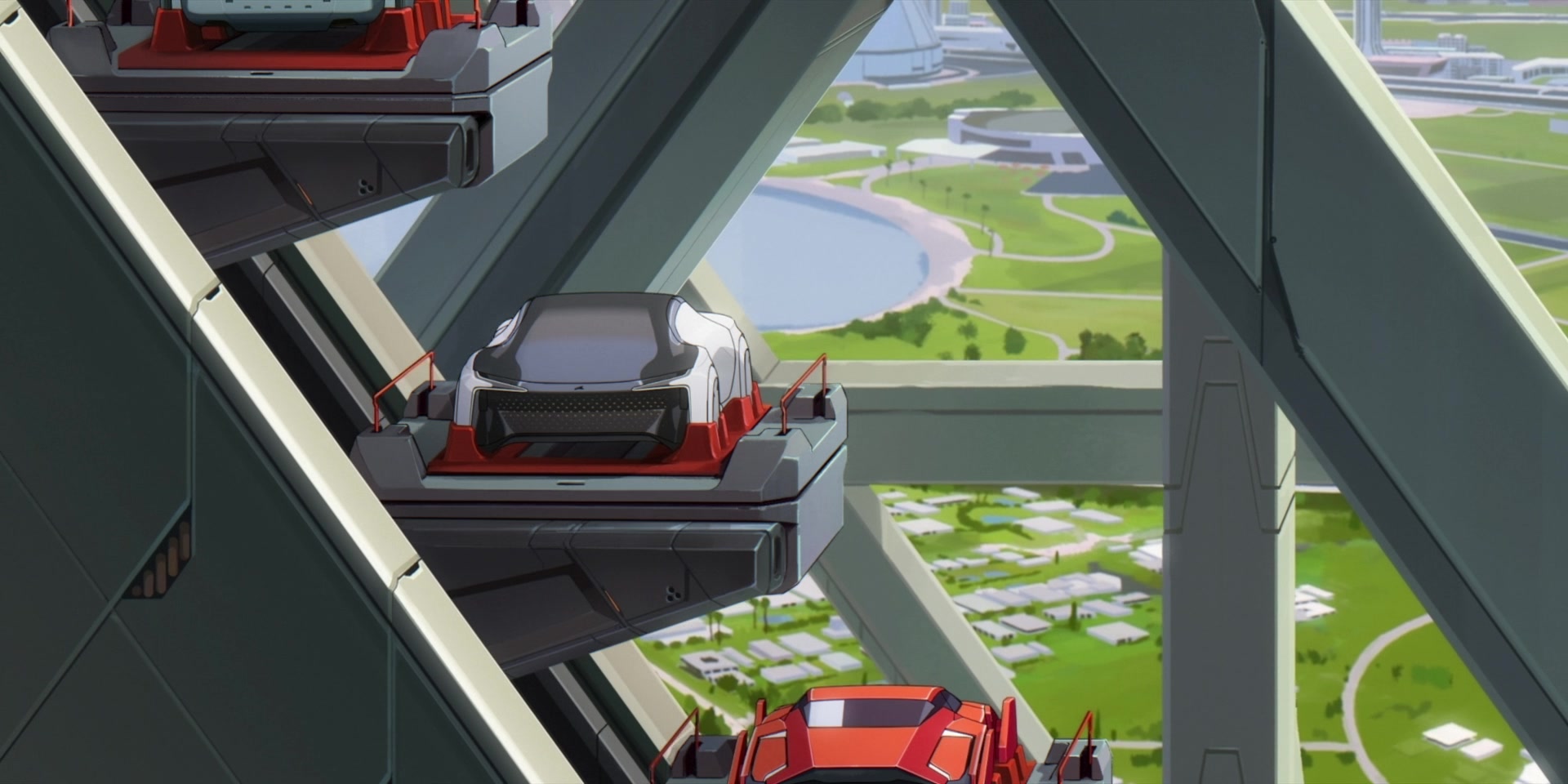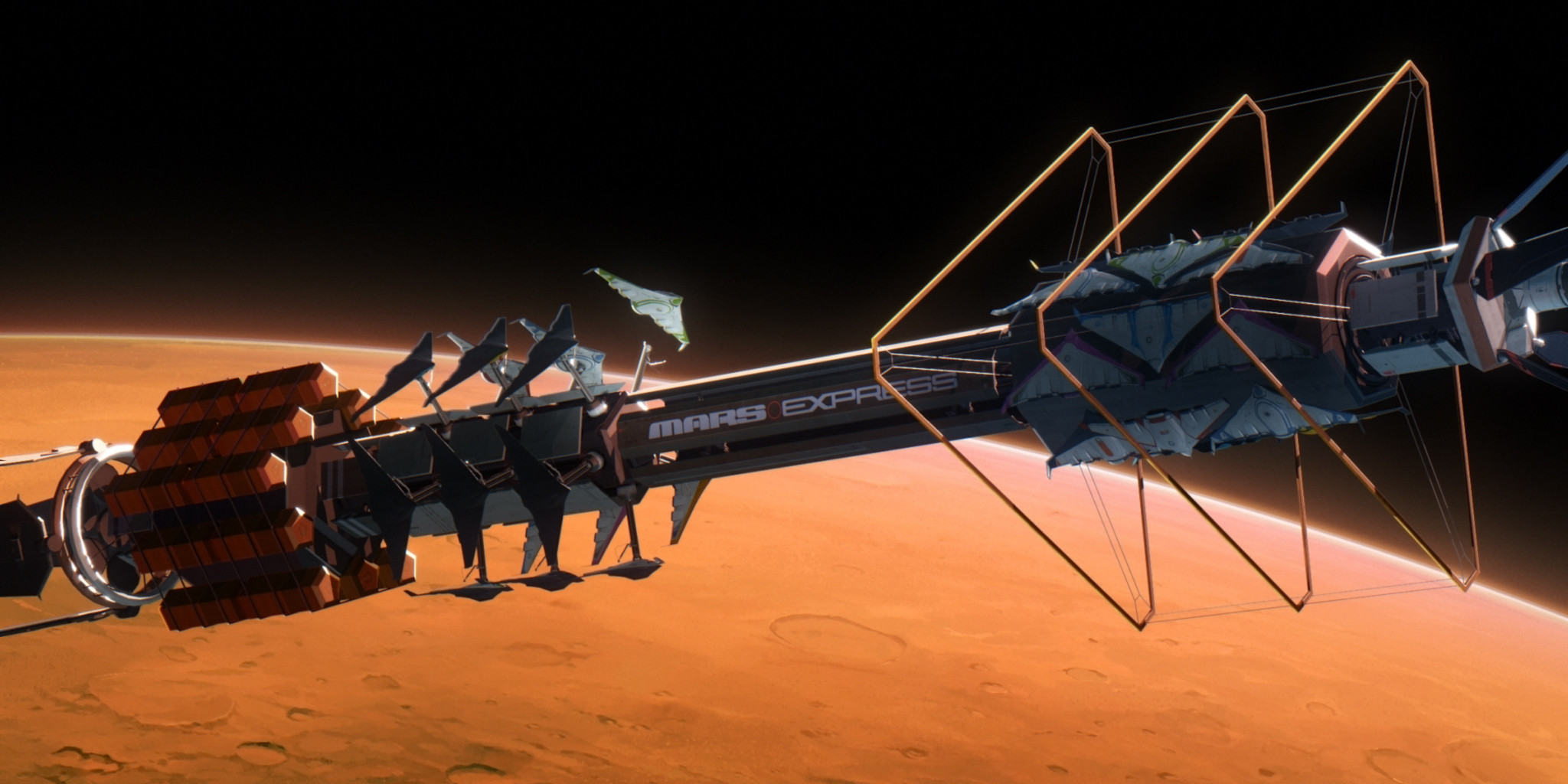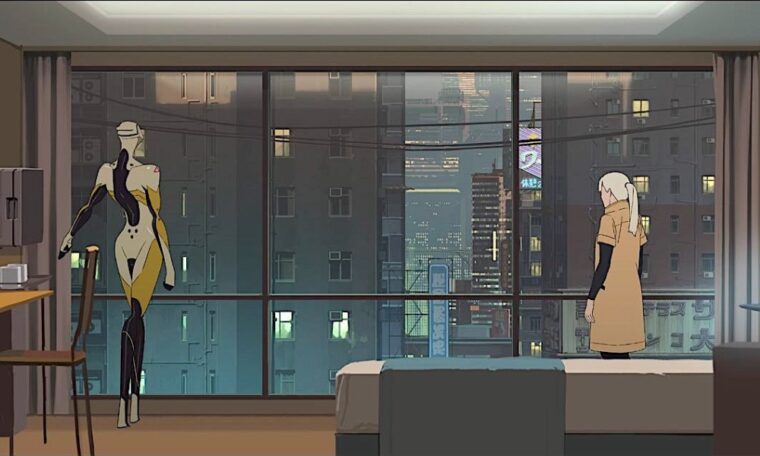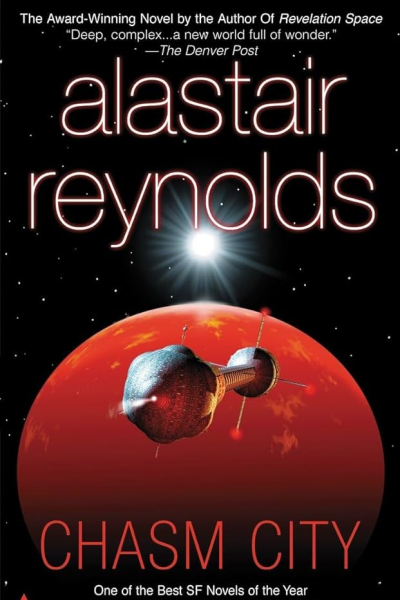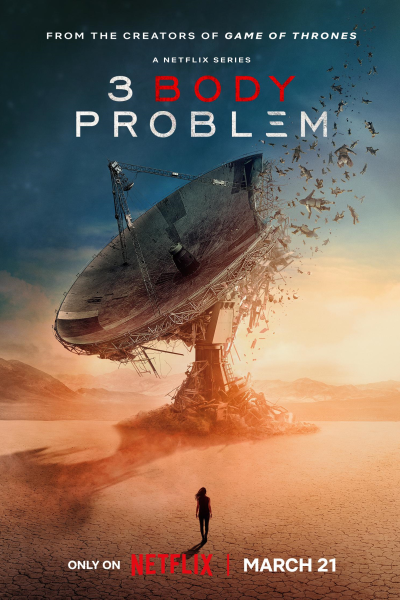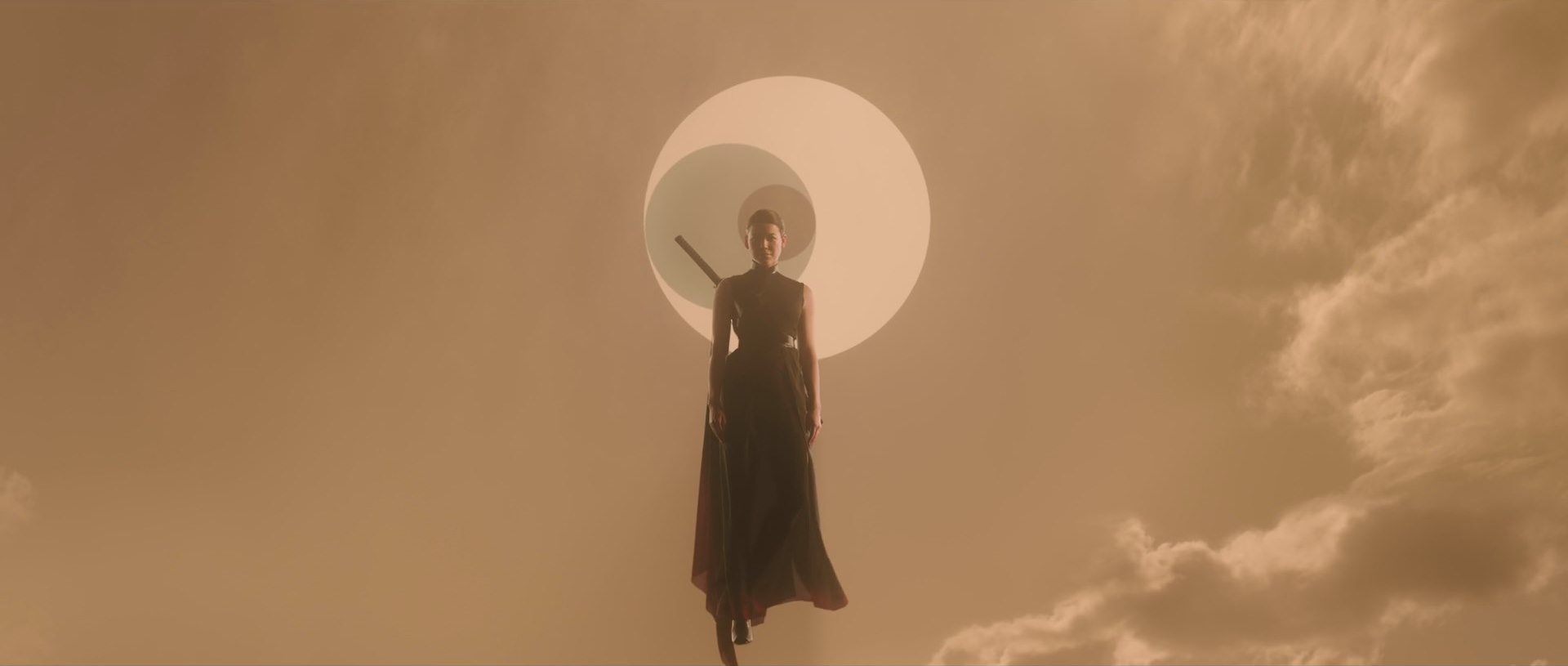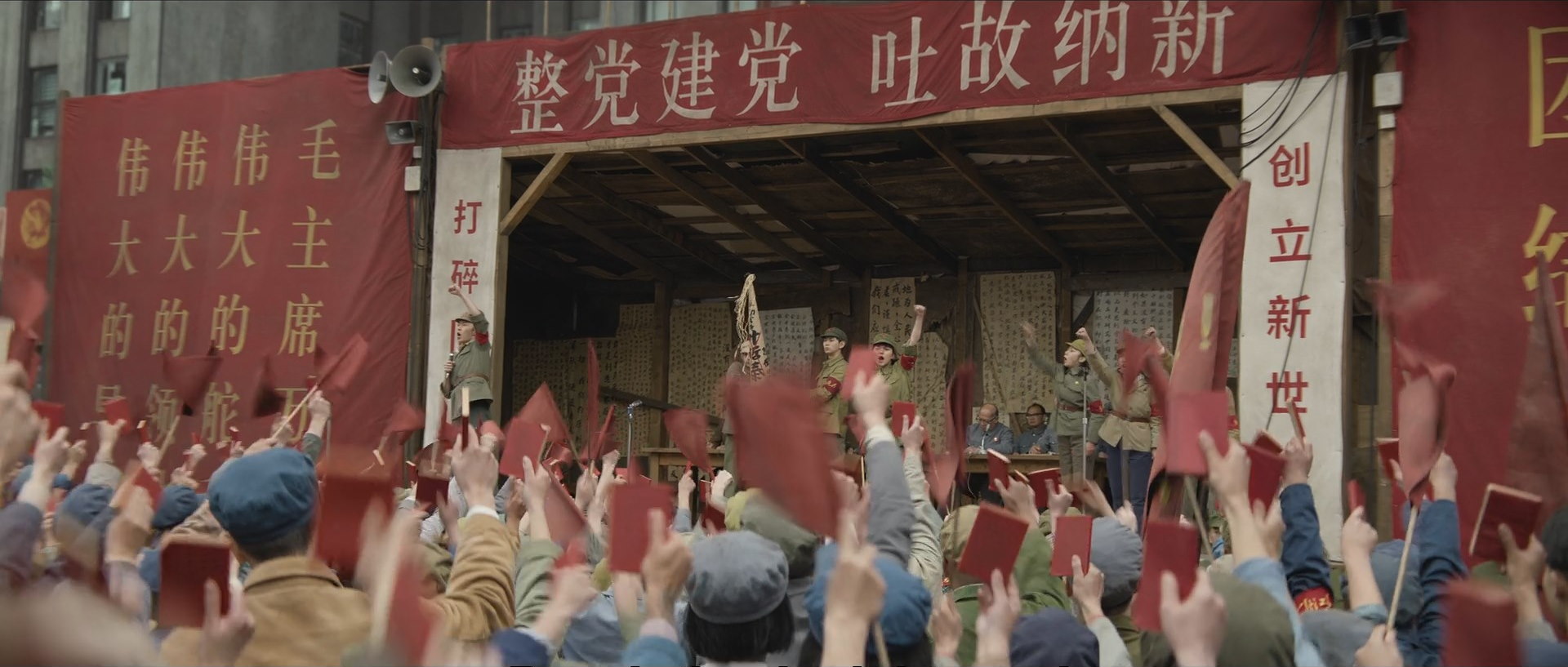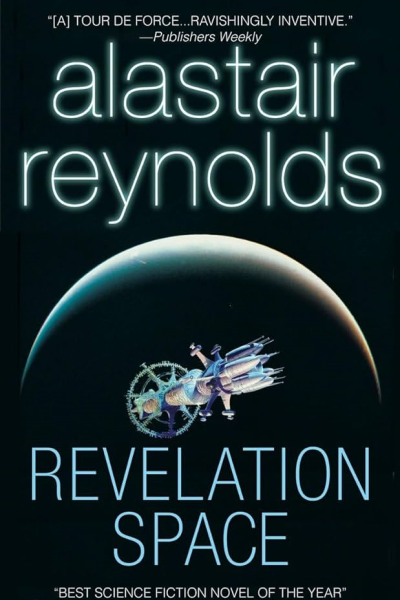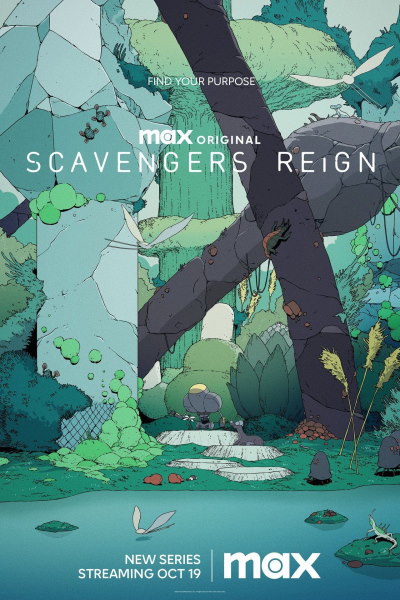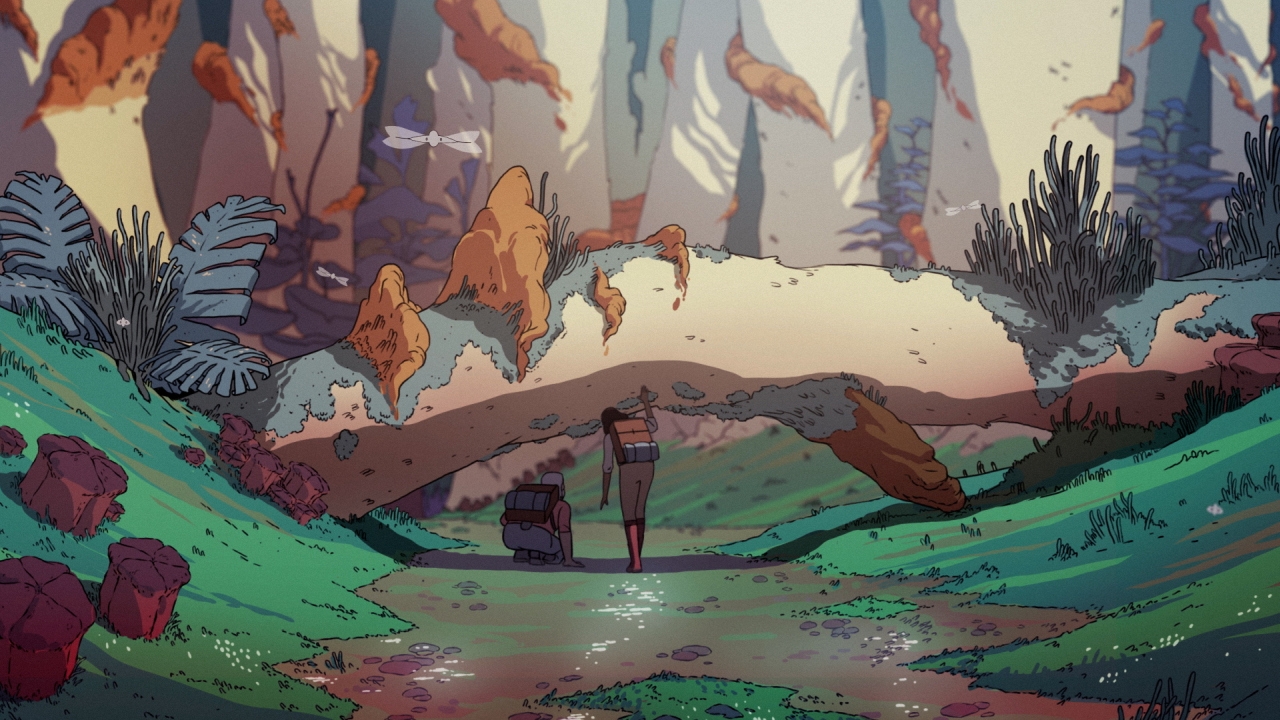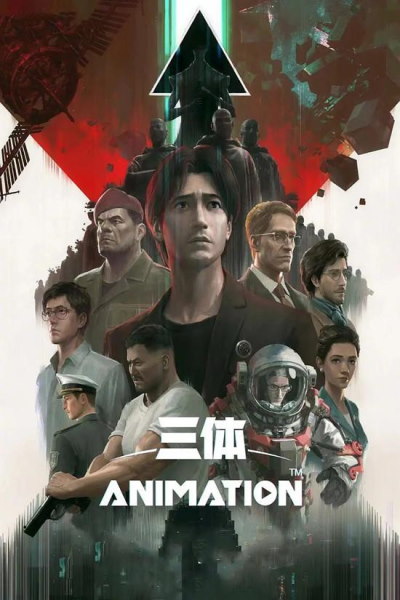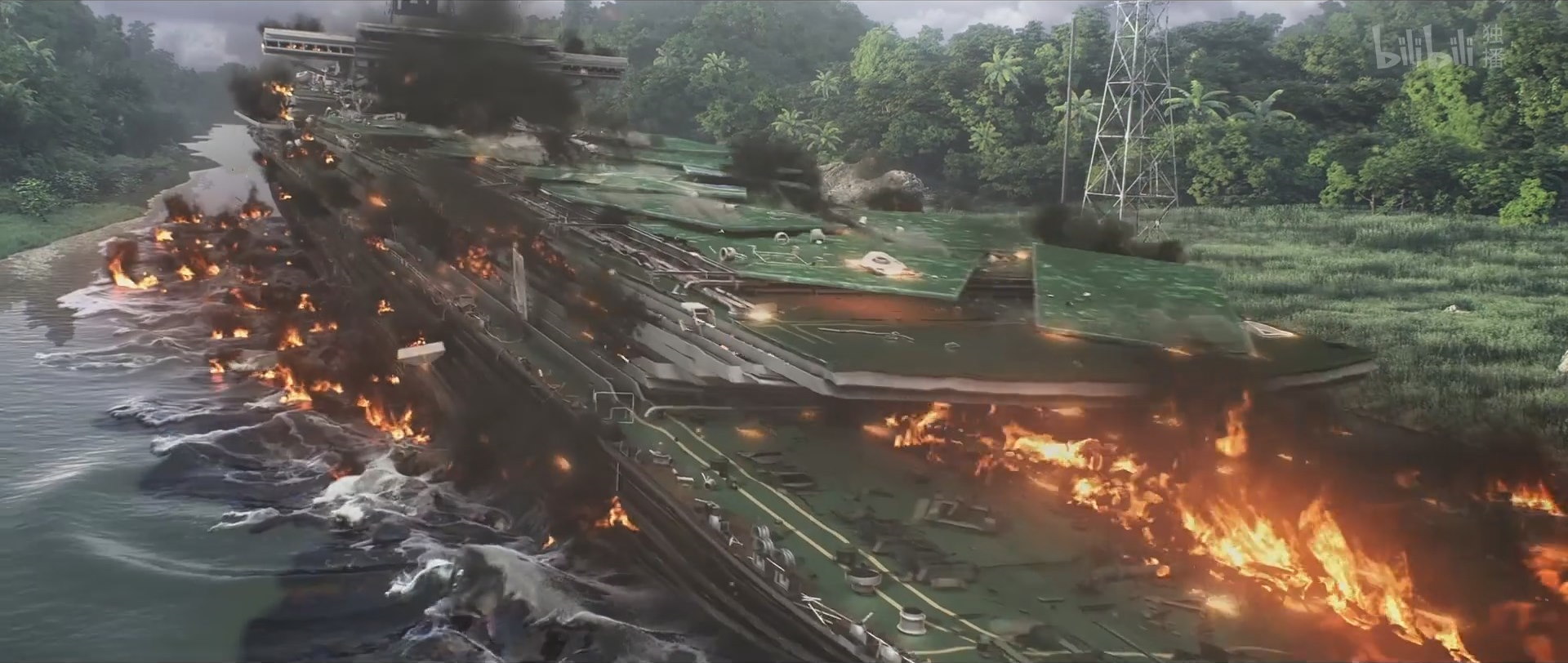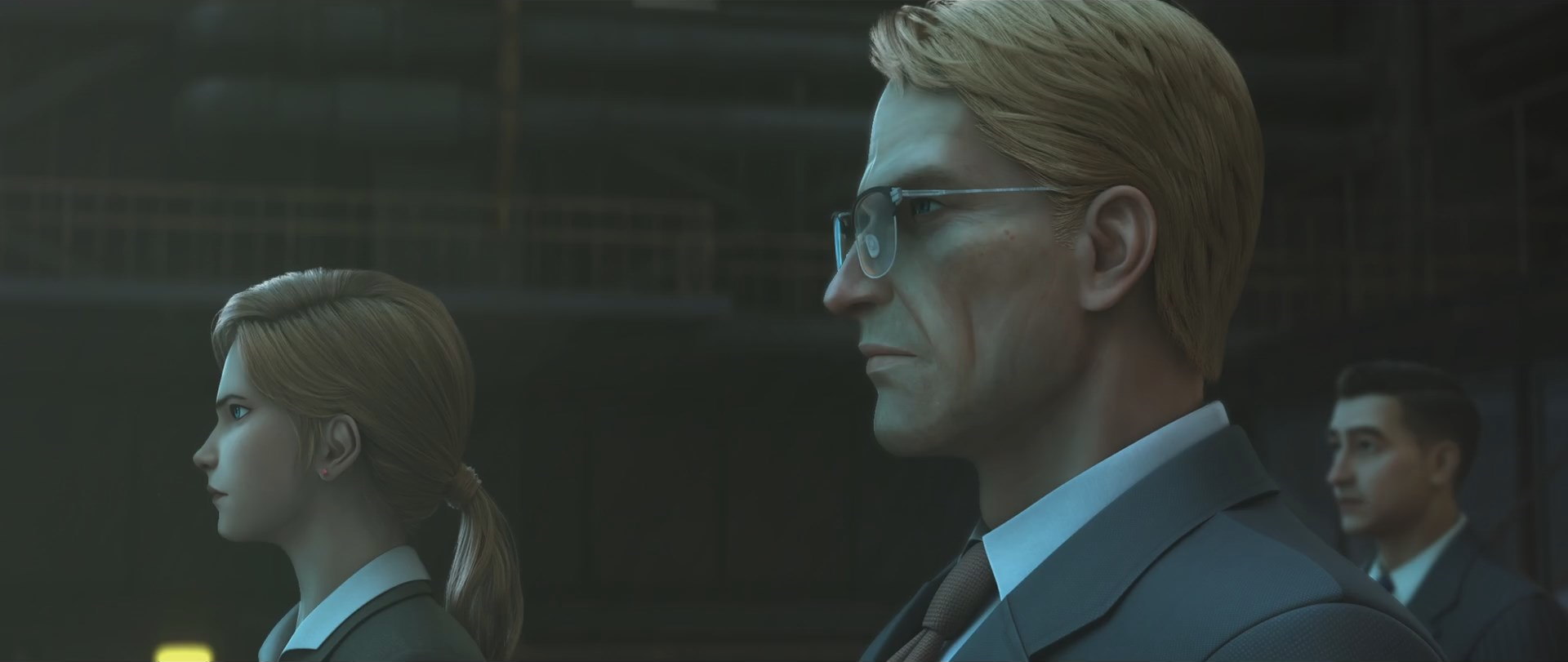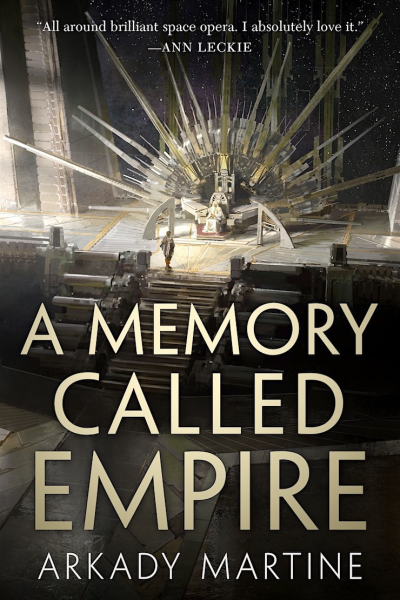Vagabonds
Vagabonds (2016) – Hao Jingfang

My favorite part of this book is what I suspect most people would take issue with. Vagabonds from the start to the finish uses mostly internal monologues and exposition to the move the story forward. For such a long book it might feel like it is moving slowly when there is so little action taking place. An issue with this style of writing I have had before is that I often can’t paint a good mental picture of where they are or what they are thinking about, but thankfully Vagabonds does a good job at illustrating the scenes even if it is mostly the characters thinking to themselves. I enjoyed this because the author does a great job at explaining the characters motivations behind their actions and beliefs in great detail. Too often do books gloss over the messy motivating factors of a character in order to get them to a plot point in a way that they want. With Vagabonds it feels more like the characters wrote the story and the author just wrote it down. I find that this is an attribute of a well written story.
Vagabonds is a story that mainly follows a young girl named Luo Ying who was born on mars, but travels to Earth with her class as a type of cultural exchange. When she returns to Mars after spending many years on Earth she is suddenly in a conflict of ideals and seeks to answer some complex questions about the differences between these cultures, what it is she desires and her purpose in the universe.
Such a life of uncertainty entranced her. It was such a contrast to the life in the platonic garden of idealized creation that she had grown up in. The two collided like air masses in her heart, and a tempestuous storm was the result. – Vagabonds
The metaphor of Earth being a capitalist western nation such as the United States and Mars being a more socialist eastern nation such as China is a bit too overt in my opinion. It could be that the author is writing from personal experiences as the story appears to be an allegory of Chinese international students visiting a western country for education and then returning home.
The two societies in the book were different enough from their real world counterparts to bring up some interesting concepts. The Earth in vagabonds while capitalist felt more like a post-capitalist society. In the sense that peoples motivations and goals were primarily driven by monetary value, but the typical capitalist behavior of endless growth is no longer possible due to a complete saturation of every market as well as population. Similarly Mars doesn’t exactly match any kind of communist or socialist economy and especially not modern China with how capitalist driven it is today. Mars in vagabonds is painted as a imperfect utopia where everyone seems like they should be happy because they have all their needs met, but once you read between the lines you start to see its limitations.
My main criticism of this book is that the use of Earth and Mars as well as the science fiction setting is not that critical to the point. I don’t believe the story would change that much if the setting took place the present era. I appreciated the descriptive technology and how its uses were different between the societies even if it was a bit inconsequential to the overall narrative.



